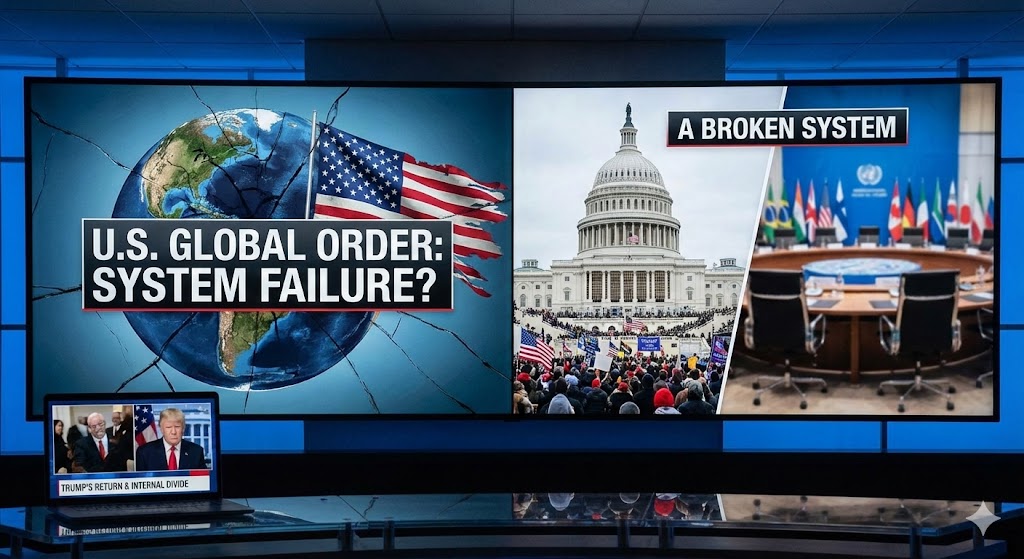Introduction
The potential involvement of Turkey in the Gaza-Israel conflict marks a significant development in Middle Eastern geopolitics. As a prominent regional power and a member of NATO, Turkey’s actions carry substantial implications not only for the conflict itself but also for broader international relations. This analysis explores the potential consequences of Turkish involvement in the Gaza-Israel conflict and examines NATO’s possible response given Turkey’s membership in the alliance.
Historical Context and Turkey’s Position
- Turkey’s Historical Ties to the Region:
- Turkey has long-standing historical, cultural, and religious ties to the Middle East, including a strong affinity for the Palestinian cause.
- President Recep Tayyip Erdoğan has consistently vocalized support for Palestinian rights and criticized Israeli policies.
- Recent Developments:
- Turkey’s relations with Israel have been strained, particularly after incidents such as the 2010 Mavi Marmara flotilla raid.
- The geopolitical landscape has been further complicated by Turkey’s military interventions in Syria, Libya, and its involvement in the Eastern Mediterranean.
Potential Consequences of Turkish Involvement
- Escalation of Conflict:
- Military Engagement: Turkish military involvement could escalate the Gaza-Israel conflict, leading to wider regional instability. Direct confrontation between Turkish and Israeli forces would significantly increase tensions.
- Regional Alliances: Other regional powers, such as Iran and Hezbollah, might be emboldened to increase their involvement, further complicating the conflict.
- Humanitarian Impact:
- Casualties and Displacement: Increased military action could result in higher civilian casualties and displacement in Gaza and surrounding areas.
- Humanitarian Aid: Turkey’s involvement might also include increased humanitarian aid efforts, potentially providing relief but also complicating logistics and coordination.
- Diplomatic Repercussions:
- Turkey-Israel Relations: Any direct military action by Turkey would severely damage its diplomatic relations with Israel, making future reconciliation difficult.
- Impact on Turkey’s Regional Standing: Turkey’s intervention could either bolster its image as a defender of Palestinian rights or isolate it further from certain Arab states seeking normalization with Israel.

NATO’s Potential Response
- Internal Dynamics:
- NATO’s Stance on Collective Defense: Article 5 of the NATO treaty, which outlines collective defense, might not be invoked if Turkey acts unilaterally. However, NATO allies could face pressure to respond diplomatically or militarily.
- Alliance Cohesion: Turkey’s actions could strain relations within NATO, especially with members who have strong ties to Israel, such as the United States and several European countries.
- Diplomatic Measures:
- Calls for Restraint: NATO might issue statements urging restraint and emphasizing the need for a peaceful resolution to the conflict.
- Mediation Efforts: NATO could facilitate diplomatic mediation efforts to prevent further escalation and find a diplomatic solution to the conflict.
- Military and Strategic Considerations:
- NATO Military Support: While direct military support for Turkey’s actions in Gaza is unlikely, NATO might increase its presence in the Eastern Mediterranean to monitor the situation.
- Strategic Reassessment: Turkey’s involvement could prompt a strategic reassessment of NATO’s role and presence in the Middle East.
Broader Geopolitical Implications
- Impact on U.S. Policy:
- U.S.-Turkey Relations: The U.S. could face a dilemma balancing its strategic partnership with Turkey and its strong support for Israel.
- Regional Strategy: U.S. strategy in the Middle East might need to adapt to address the new dynamics introduced by Turkey’s involvement.
- European Union’s Response:
- Diplomatic Efforts: The EU, with significant economic and political ties to both Turkey and Israel, might intensify its diplomatic efforts to de-escalate the conflict.
- Policy Adjustments: The EU could reconsider its policies and aid strategies in the region, factoring in Turkey’s actions.
- Impact on Middle Eastern Geopolitics:
- Regional Alliances: Turkey’s involvement could shift alliances and power dynamics in the Middle East, influencing the positions of countries like Egypt, Saudi Arabia, and Iran.
- Long-term Stability: The potential for a prolonged conflict involving multiple regional and international actors could destabilize the region further, impacting global energy markets and security.
Conclusion
Turkey’s potential involvement in the Gaza-Israel conflict would have profound implications for regional stability, humanitarian conditions, and international relations. As a NATO member, Turkey’s actions would also challenge the alliance’s cohesion and strategic priorities. NATO’s response would likely involve diplomatic efforts to de-escalate the situation while managing internal dynamics and strategic considerations.
The broader geopolitical landscape, including U.S. and EU policies and regional alliances, would be significantly impacted, necessitating careful diplomatic and strategic maneuvers to address the complexities introduced by Turkey’s potential intervention. The outcome of such involvement would shape the future of the Middle East and the international community’s approach to conflict resolution in the region.









